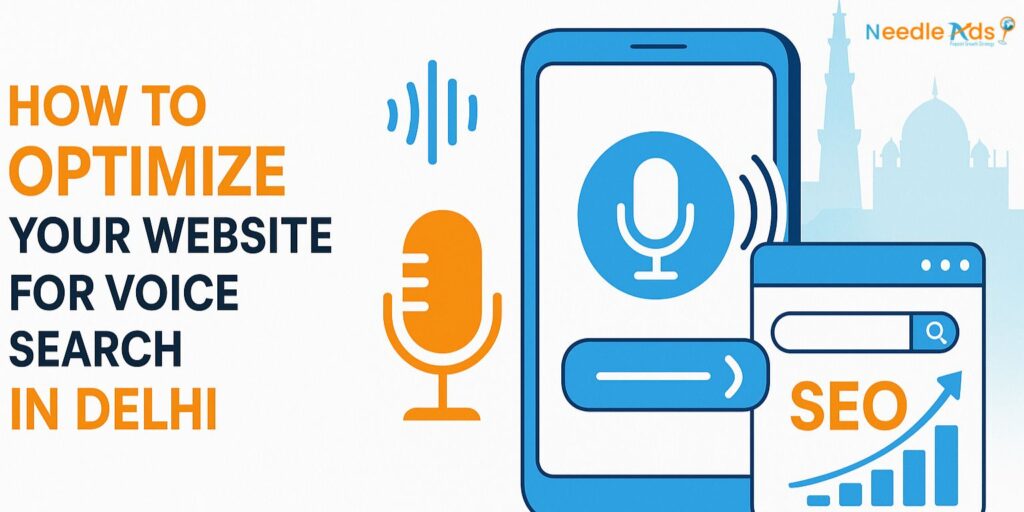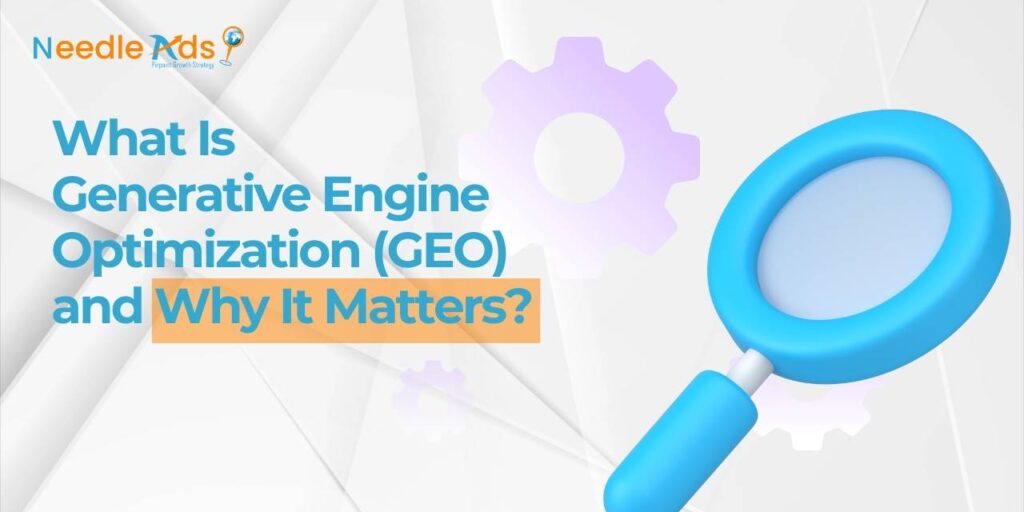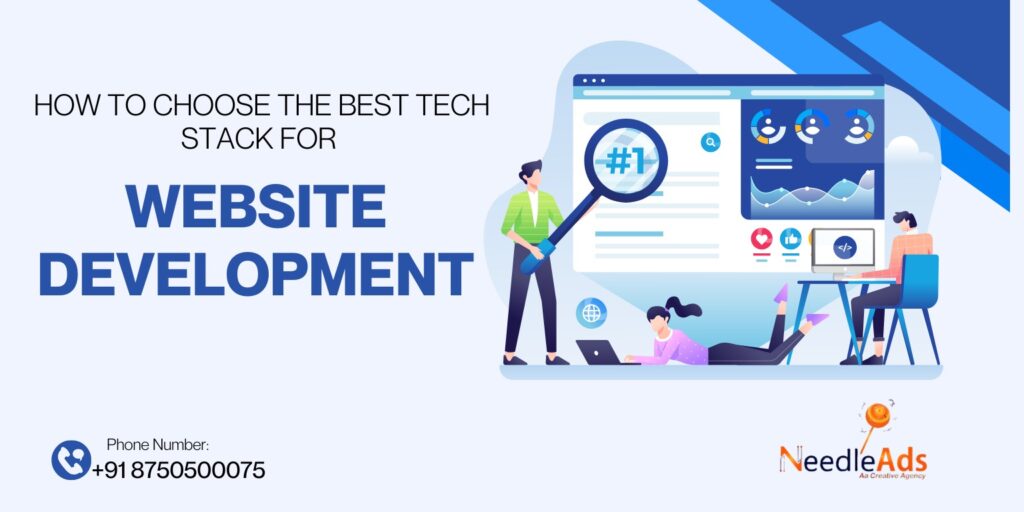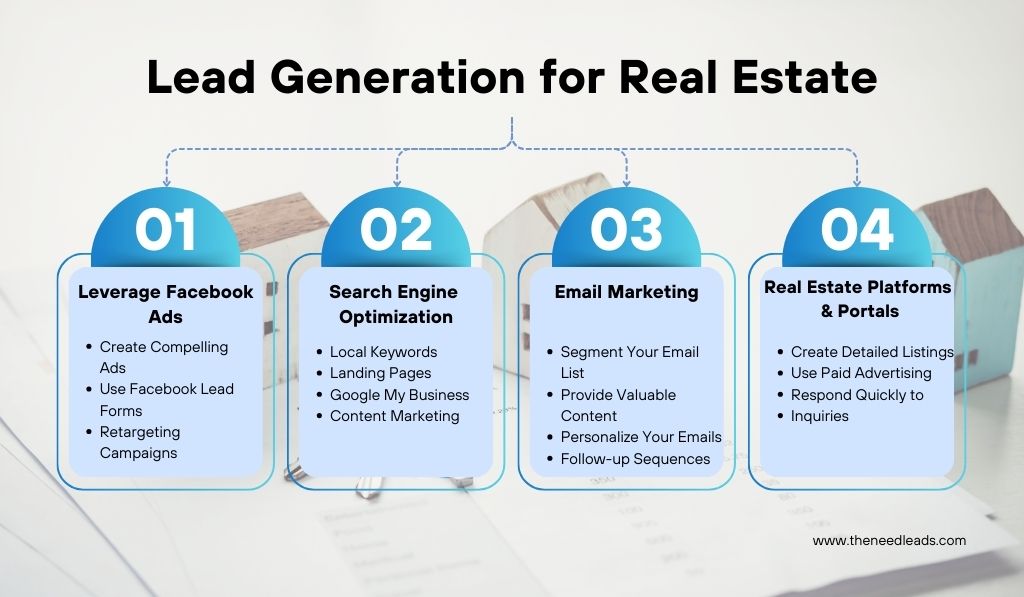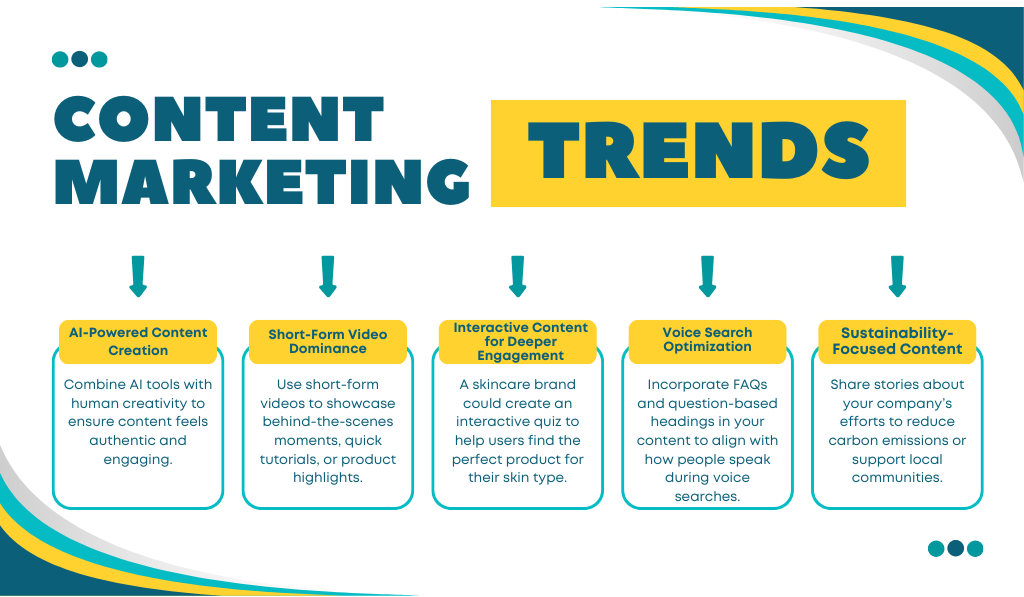When starting an online store, one of the most critical decisions is choosing the right platform. Two of the most popular choices for e-commerce are WordPress and Shopify. Each platform offers unique features catering to different business needs, but which is best for your online store? This blog will walk you through a detailed comparison of WordPress vs Shopify, covering everything from ease of use to pricing, and even provide a handy pros and cons table to help you decide.
What Are WordPress and Shopify?
Before diving into the comparison, let’s quickly explain each platform.
- WordPress is an open-source content management system (CMS) that powers over 40% of websites on the internet. It’s highly customizable, and with the help of plugins like Woo Commerce, you can transform a WordPress site into a fully functional online store.
- Shopify is a dedicated e-commerce platform explicitly designed to sell products online. It’s an all-in-one solution that includes hosting, security, and built-in e-commerce tools right out of the box.
Now that we have a basic idea of what these platforms are let’s dive into the key comparison points of WordPress vs Shopify.
NeedleAds Technology helps you create WordPress and Shopify websites for your store.
1. Ease of Use 🛠️
Ease of use is often a top priority when setting up an online store.
Shopify
Shopify is known for its simplicity. It’s designed for users who aren’t tech-savvy, allowing them to set up a store with minimal hassle. Shopify’s interface is clean, intuitive, and very user-friendly. You can drag and drop items, customize your theme, and manage your inventory without touching code. This makes Shopify ideal for beginners or anyone who wants to get their store up and running quickly.
WordPress + Woo Commerce
On the other hand, WordPress with Woo Commerce offers much more customization but comes with a steeper learning curve. WordPress is a robust platform that requires you to manage your hosting, security, and backups. You’ll need technical knowledge or be willing to hire a developer to get the most out of your WordPress store. However, this added complexity also gives you unlimited flexibility in how your store looks and functions.
Verdict:
- If you want an easy, plug-and-play solution, Shopify is the way to go.
- If you don’t mind putting in extra effort for more control, WordPress with Woo Commerce is a great option.
2. Customization & Flexibility 🎨
Shopify
While Shopify offers plenty of design themes, its customization options are somewhat limited compared to WordPress. You can change basic elements like colors and fonts. Still, for more advanced modifications, you may need to rely on Shopify’s proprietary coding language, Liquid, or hire a developer familiar with it.
WordPress + Woo Commerce

With WordPress, the customization possibilities are endless. Thousands of themes are available, and you can tweak them to your heart’s content. Plugins allow you to add virtually any feature, from advanced SEO tools to social media integrations. Woo Commerce is highly customizable, letting you modify everything from product pages to checkout processes.
Verdict:
- Shopify is limited in deep customization but great for those needing a straightforward solution.
- WordPress, with Woo Commerce, is far more flexible and suitable for businesses that need unique functionality.
3. Pricing 💸
Shopify
Shopify’s pricing is pretty straightforward. It offers three main plans:
- Basic Shopify: $29/month
- Shopify: $79/month
- Advanced Shopify: $299/month
All Shopify plans include hosting, SSL certificates, and basic e-commerce features. However, transaction fees apply unless you use Shopify Payments. You may also need to pay for premium themes and apps.
NeedleAds Technology helps you create WordPress and Shopify websites for your store.
WordPress + Woo Commerce
WordPress is free, but you’ll need to pay for a domain, hosting, and any premium themes or plugins you want to use. Depending on your provider, hosting costs can range from $3 to $25 per month. Woo Commerce is free, but extra features often come with a price tag in the form of paid plugins.
Verdict:
- Shopify has predictable, all-inclusive pricing.
- WordPress with WooCommerce can be more affordable, but costs can add up depending on your desired features.
4. SEO Capabilities 📈
Shopify
Shopify provides basic SEO features like editing meta tags, alt text for images, and automatically generated sitemaps. However, advanced SEO strategies can be more complex to implement on Shopify due to limited control over the technical aspects of your website.
WordPress + WooCommerce
WordPress is renowned for its SEO capabilities. With plugins like Yoast SEO, you can control nearly every aspect of your website’s SEO, from meta descriptions to custom URLs. WordPress’s open-source nature allows developers to optimize a site for faster loading times, structured data, and more.
Verdict:
- WordPress offers superior SEO tools and flexibility, while Shopify covers the basics.
5. Payment Gateways & Transaction Fees 💳
Shopify
Shopify supports over 100 payment gateways but charges additional transaction fees (0.5% to 2%) unless you use Shopify Payments.
WordPress + Woo Commerce
Woo Commerce supports all major payment gateways like PayPal, Stripe, and more. Since WordPress is open-source, you have no platform-imposed transaction fees, although payment processors may charge their fees.
Verdict:
- WordPress with Woo Commerce offers more flexibility with payment gateways and fewer fees, while Shopify’s fees can add up.
| Feature | Shopify | WordPress + Woo Commerce |
|---|---|---|
| Ease of Use | Super easy for beginners. ✅ | Requires some technical skills. ⚠️ |
| Customization | Limited without coding. ⚠️ | Fully customizable with plugins and themes. ✅ |
| Pricing | Predictable but can be expensive. 💰 | Flexible but costs can vary. 💸 |
| SEO | Basic SEO tools included. ⚙️ | Advanced SEO capabilities with plugins. ✅ |
| Payment Gateways | Over 100 options, but with transaction fees. 💳 | Supports all gateways, no platform fees. ✅ |
| Support | 24/7 dedicated support. 📞 | Community support and paid options. 🌍 |
Final Verdict: Shopify vs Woo Commerce vs WordPress?
When comparing Shopify vs Woo Commerce, or more broadly, Shopify website vs WordPress, the choice depends on your specific needs.
- Choose Shopify if you want a simple, no-fuss solution with great support and don’t mind paying a little extra for convenience. It’s perfect for those who want to get their online store up and running fast without much technical work.
- Choose WordPress with Woo Commerce if you’re looking for flexibility, advanced customization, and control over every aspect of your site. It’s the better option if you want to scale your business and need unique features tailored to your e-commerce goals.
Conclusion
The debate between WordPress vs Shopify boils down to your needs as an online store owner. Shopify may be the right choice if you prioritize ease of use and dedicated support. If flexibility and control are what you’re after, WordPress with Woo Commerce could be a better fit.
No matter which platform you choose, Shopify and WordPress are excellent choices for building a successful online store. Consider your business goals, technical skills, and budget when deciding.
Happy store building! 😊


